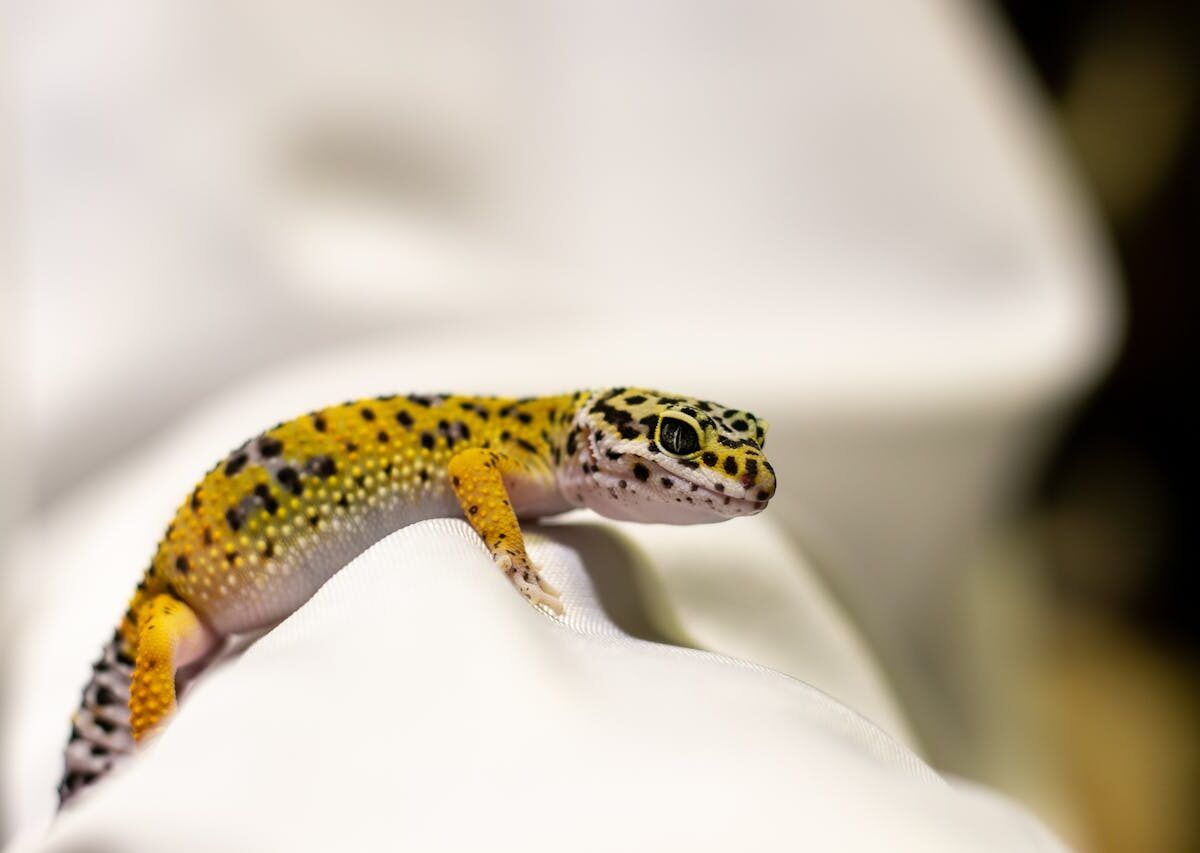Exotic pets like snakes, sugar gliders, and primates may seem like intriguing additions to a home, but before adopting one, it’s important to be aware of their potential health risks.
Mark Hofberg, an IFAW Campaign Officer, emphasizes the negative aspects of keeping exotic pets, including conservation impact, disease transmission, and illegal trade.
Do Exotic Pets Carry Diseases?
Many exotic animals carry zoonotic diseases, meaning they can be transmitted from animals to humans. This is because their natural environments often harbour bacteria and viruses that our bodies aren’t equipped to handle.
For example, reptiles like bearded dragons and iguanas commonly harbor salmonella, posing a risk to human health. While the reptile itself might show no signs of illness, the bacteria can easily contaminate their enclosures and spread to humans through contact.
Other zoonotic diseases associated with exotic pets include:
- Herpes B virus from monkeys
- Psittacosis (parrot fever) from birds
- Ringworm, a fungal infection, from various mammals
Protecting Yourself and Your Exotic Pet
The good news is that responsible ownership can significantly reduce the risk of zoonotic transmission. Here are some key precautions:
- Research: Before acquiring an exotic pet, thoroughly research their specific health risks and proper care requirements.
- Hygiene is Key: Always wash your hands thoroughly with soap and water after handling your pet or their enclosure.
- Separate Spaces: Keep your pet’s habitat away from food preparation areas and don’t allow them to roam freely around the house.
- Veterinary Care: Regular check-ups with a vet familiar with exotic animals are essential to monitor their health and minimise the risk of disease transmission.
The Ethical Consideration
Owning an exotic pet comes with a responsibility that extends beyond just your own health. Consider if a well-researched, conventional pet might better suit your home, as capturing and trading many exotic animals can be cruel.
What To Note About Exotic Pets
Exotic pets can be captivating companions, but remember, their wild heritage comes with potential health risks. By taking the necessary precautions and considering the welfare of the animal itself, you can make an informed decision about whether an exotic pet is the right choice for you.
Do you own exotic pets?
Let us know by clicking on the comment tab below this article or by emailing info@thesouthafrican.com or by sending a WhatsApp to 060 011 021 1.
You can also follow @TheSAnews on X and The South African on Facebook for the latest news.
Artificial Intelligence assisted in compiling this article.














